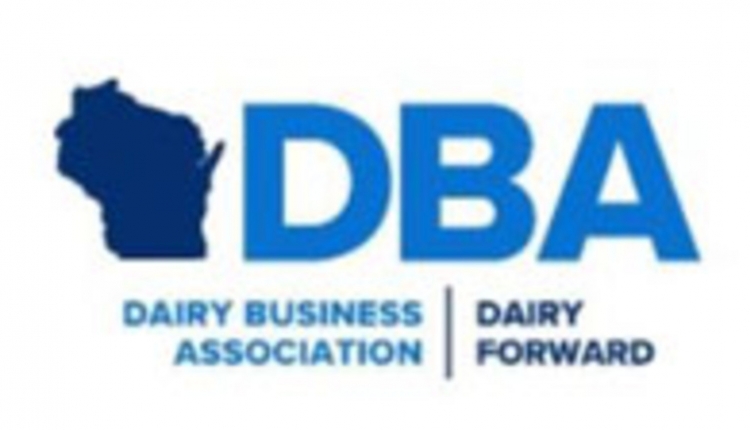Note to readers: The following Editorial Comment expresses the editorial opinions of the Hoard’s Dairyman editorial team.

For the second year in a row, a Wisconsin county has looked to limit milk truck traffic on its roads during the spring thaw. In last year’s saga, the county backed down from its plan after a public outpouring. This time around, it appears a different county is forging ahead with its plan. The last time we checked, milk moved far past county lines, and we believe it’s time the Wisconsin legislature and the governor look deeper into this matter before a mishmash of road rules from 72 counties cut America’s Dairyland’s leading rural economic engine into metal fragments destined for the scrapheap.
Last year, Price County officials wanted to enforce the temporary 55,000-pound weight limit rather than allow milk trucks carrying 75,000 pounds of weight to travel its county roads. Those in the dairy community thought the position was excessive and voiced a multitude of concerns, including a shortage of people holding commercial driver licenses (CDL), the high cost of fuel, the long distance to haul milk, and the potential for farmers to even lose their milk markets.
With some nudging, cooler heads prevailed in Price County two days prior to the enforcement deadline. The parties ironed out their differences and developed a plan to ensure milk rolled down county roads and made it to market.
This year, Chippewa County is looking to take a similar stance. At least this time around, this Wisconsin Northwoods county formed a working group and met on two occasions to gather input.
While we applaud this effort, it appears the final ruling came from the Chippewa County’s highway commissioner, not elected officials. The Chippewa County Highway Commissioner decreed that all milk haulers must attend a mandatory meeting to work through the county’s new permitting procedures and pay $100 for a permit to haul milk this spring. Hauling loads above the spring road ban weight limits without a permit may result in costly citations.
Just like the Price County situation, we fear if Chippewa County’s action goes unchecked, this playbook could proliferate throughout the Badger State. Why is the dairy industry being singled out in Chippewa County? Could spot scale checks on roadways have been a more effective approach? Could this be a back-door action against large farms? Could weight limits reduce milk hauler's interest in making multiple stops on small- and mid-sized farms? Could Wisconsin-based milk truckers one day be required to have unique permits for every county? Those are just the first of a multitude of questions we raise on this matter.
Specific to Chippewa County’s action, what’s the sunset plan for this permit process — or shall we say, tax — on milk haulers who work for dairy farmers and dairy processors? As we all know, seldom does a permit fee or tax go away — just the opposite occurs as government agencies often raise those fees.
We are also concerned that farmers have become pawns in a larger road game. While some have suggested that officials are concerned about who will pay for the damage caused by milk trucks, others have inferred that some county leaders are trying to send a message to the state capital that more money is needed to support local roads.
While the intentions may be pure, our periscope of concern has been raised sky-high. It’s time state officials delve deeper into this matter because the hodgepodge proliferation of 72 sets of county road rules could deliver irreversible harm to the namesake industry in America’s Dairyland. Lastly, we also know that once businesses and markets shutter, it’s a rare occasion that resuscitation and revival efforts bring them back to life. How will Wisconsin replace those rural jobs when milk fails to reach markets?








